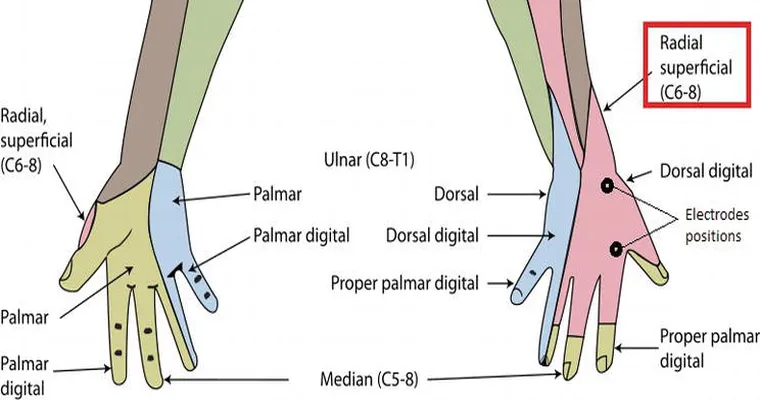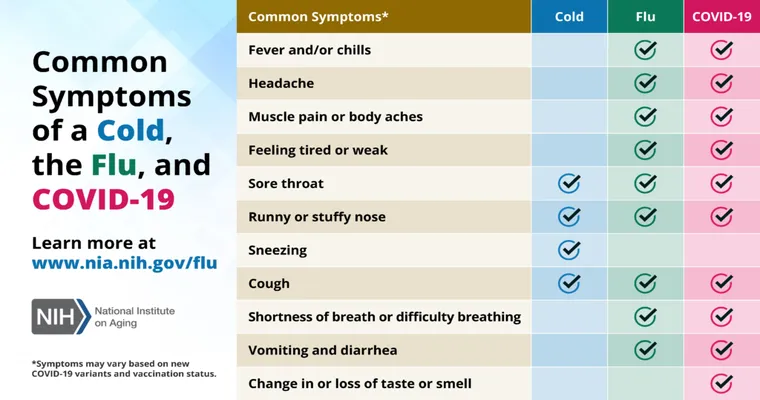Weight loss can be a concerning symptom for many individuals, particularly when linked to serious health conditions like "diabetes" or "dementia". Understanding the connection between these two diseases and unintended weight loss is crucial for effective management and treatment. This article delves into how "diabetes" and "dementia" can lead to weight loss, the underlying mechanisms, and what individuals can do to maintain a healthy weight.
Understanding Diabetes and Weight Loss
Diabetes is a metabolic disorder characterized by high blood sugar levels. In cases of "Type 1 diabetes", the body does not produce insulin, leading to the breakdown of fat and muscle for energy. This can result in significant "weight loss". On the other hand, "Type 2 diabetes" can also cause weight loss, especially when the condition is poorly managed. Individuals may experience increased urination and thirst, leading to dehydration and unintended weight loss.
The role of insulin in diabetes is crucial. When insulin levels are inadequate, the body cannot effectively utilize glucose for energy, prompting it to start consuming fat and muscle tissue. Additionally, some individuals may experience appetite changes or gastrointestinal issues, further contributing to weight loss.
Dementia and Weight Loss
Dementia, a cognitive decline disorder, can also lead to "weight loss". Individuals suffering from dementia often experience changes in appetite and eating habits. This can stem from several factors, including difficulty in recognizing food, loss of interest in eating, or even challenges with the physical act of eating, such as swallowing difficulties.
As dementia progresses, individuals may forget to eat or lose the ability to prepare meals, which can lead to significant weight loss. Emotional factors can also play a role; depression and anxiety, common among those with dementia, can decrease appetite further contributing to weight loss.
The Connection Between Diabetes and Dementia
Recent studies suggest a potential link between "diabetes" and "dementia". Individuals with diabetes may face an increased risk of developing dementia due to the effects of high blood sugar levels on the brain. Furthermore, the cognitive decline associated with dementia can complicate diabetes management, making it challenging to maintain a healthy weight.
Managing Weight Loss
If you or a loved one is experiencing weight loss due to diabetes or dementia, it is essential to consult healthcare professionals. Here are some strategies that can help manage weight loss:
1. "Nutritional Support": Work with a dietitian to create a meal plan that meets nutritional needs while being palatable and easy to consume.
2. "Regular Monitoring": Keep track of weight and any changes in appetite or eating habits to identify issues early.
3. "Hydration": Ensure adequate fluid intake, as dehydration can exacerbate weight loss.
4. "Medication Review": Consult with a healthcare provider about medications that may impact appetite or weight.
5. "Physical Activities": Encourage light physical activity to help maintain muscle mass without overwhelming the individual.
Conclusion
Weight loss due to "diabetes" or "dementia" can be a complex issue requiring careful management. Understanding the underlying causes and taking proactive steps can help individuals maintain a healthy weight and improve their overall quality of life. If you notice significant weight loss in yourself or a loved one, it is essential to seek medical advice to address the situation promptly.





